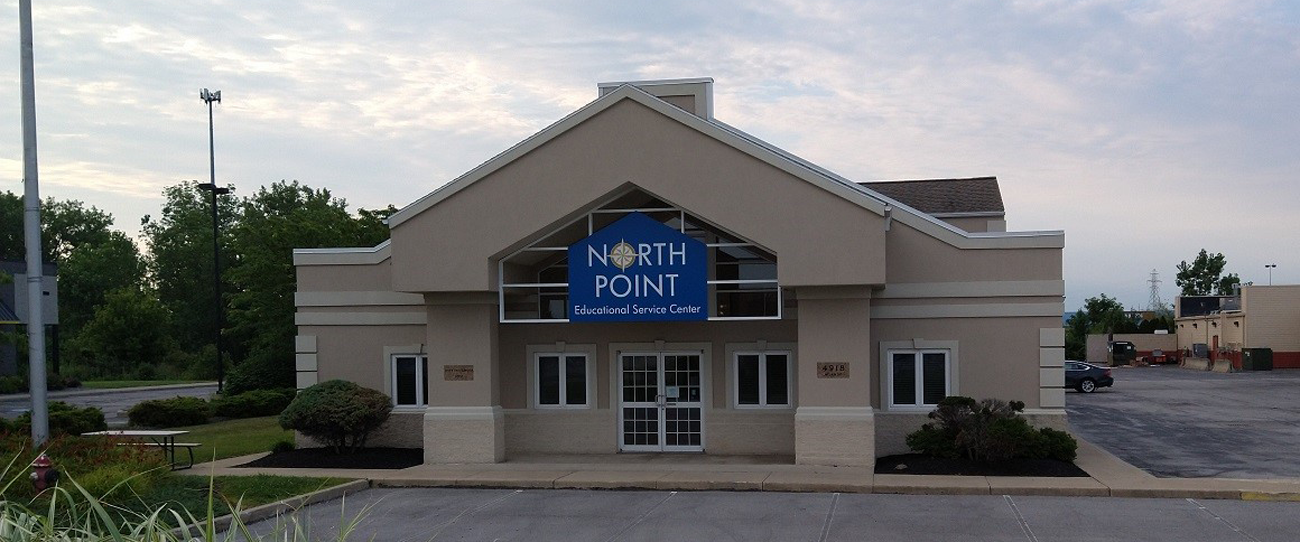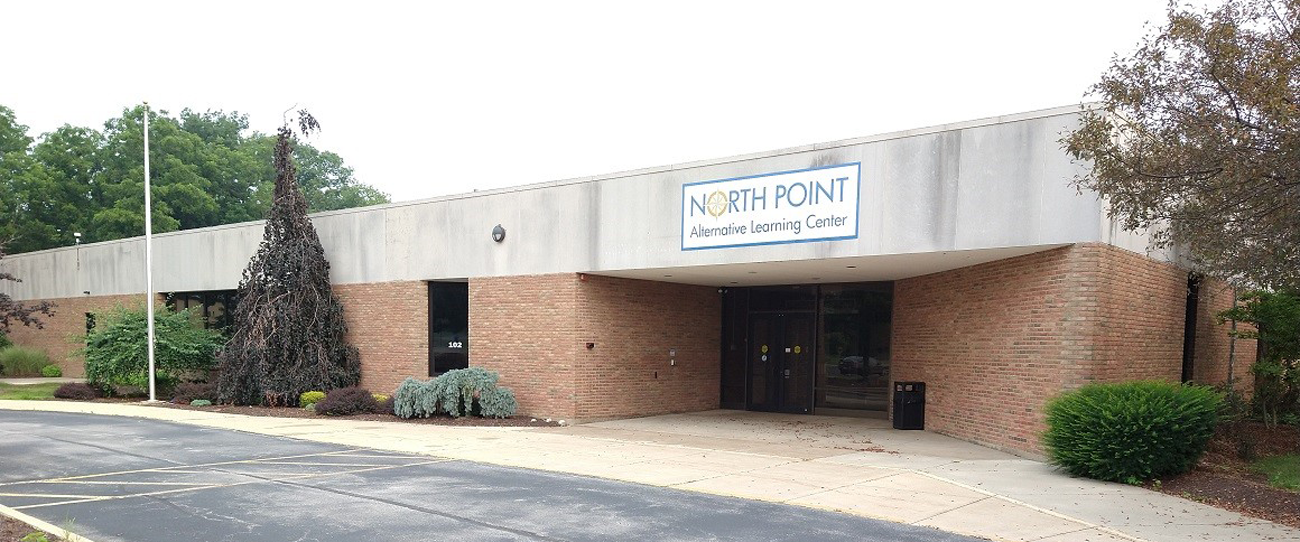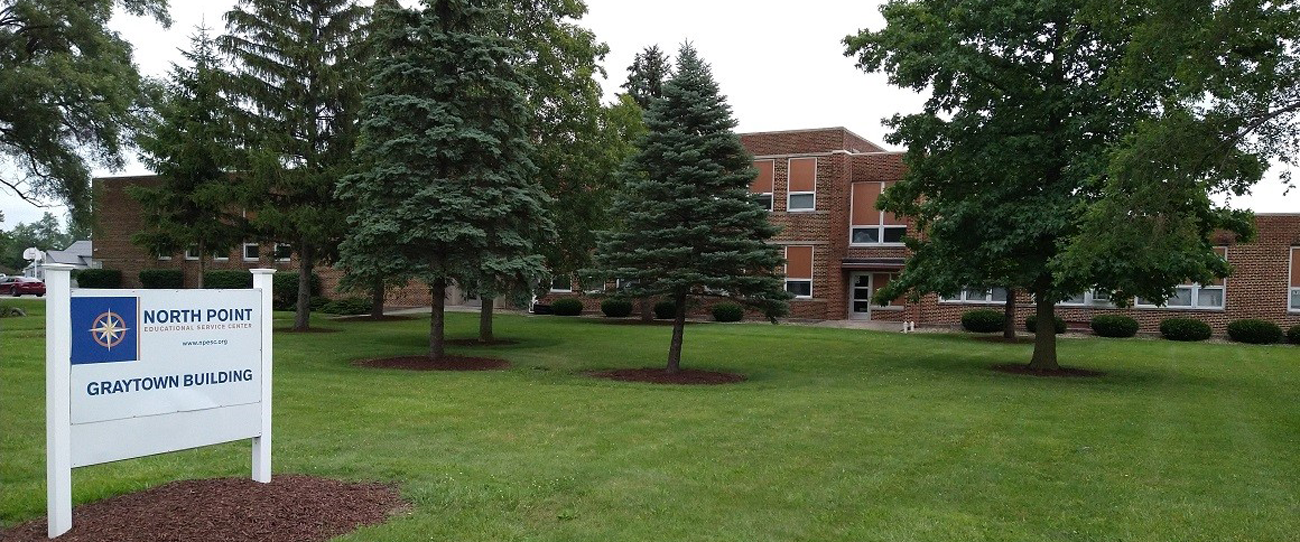Therapy Services
The Therapy Team provides Speech Language Pathologists, Occupational Therapists, Certified Occupational Therapy Assistants, Physical Therapists, Physical Therapy Assistants, and Adapted Physical Education Teachers to the twenty-three districts served by the North Point Educational Service Center. We provide guidance to our districts regarding special education law, equipment for children with special needs, documentation of mandated services, Medicaid billing and professional development for our therapists to ensure that they are up to date on the latest advances in their profession. The therapy team is committed to providing the highest quality services to our districts.
The Speech Language Pathologist's (SLP) traditional role of working with a student's speech errors has expanded over recent years. Communication and language disorders have many components that are included in the SLP's school day. These may be caused by developement delays, autism, hearing loss, multiple disabilities, learning disabilities, cerebral palsy, stuttering, and social language problems. The SLP in the schools may be called on to work with language based disorders related to reading and literacy. SLPs work to prevent, identify and treat these disorders from preschool to beyond high school. Evaluation of suspected disorders and development of Individual Educational Programs (IEP) are important parts of the work of school based SLPs. Documentation of therapy outcomes, collaboration with teachers and other professionals and advocacy for student needs and rights are a daily part of the SLP's day in school.
Occupational Therapy (OT) is a diverse and dynamic field dedicated to helping individuals achieve success with all of the roles and occupations in their lives ~ everything they do throughout their day. Occupational therapy providers are skilled at analyzing the underlying compnents (such as strengh, coordination, visual skills, or sensory processing skills) that may be contributing to difficulties with occupations. Occupations in the schools can include academic tasks, such as writing, cutting, and using manipulatives; self-care tasks, such as taking care of personal needs, manipulating clothing fasteners, using utensils, or putting on a coat; social particpation such as paying attention, handling frustration or anxiety, or following the classroom routine, or even skills for transition to work and life after school, such as analyzing and modifying job tasks or addressing higher level self-care skills (such as meal preparation). In the school setting, occupational therapists and occupational therapy assistants help students access their education by addressing academic and funtional skills through direct intervention as well as modifying the environment for success, recommending accomodations or technology, and working collaboratively with school personnel to ensure success in all school settings.
Adapted Physical Therapy (APE) teachers provide a number of services to ensure that every student has access to physical education. APE teachers modify the PE program by changing the activities, the equipment, the sitting or teaching methods. APE may include full time regular PE, regular PE with adapted PE consultation, combination of regular PE with APE and APE exclusively.
The Physical Therapy (PT) Team includes Physical Therapist and Physical Therapy Assistants. The Physical Therapy Team attempts to restore function and independence through gross motor activities, balance skills, strengthening and stretching exercises. Physcial Therapy is a related service provided to assist a child to move as independently as possible in the school environment, to achieve academic success and to participate fully in classroom activities. The services offered by the PT Team include direct therapy, consultation with teacher and parents, staff training, assessments, assisting with Evaluation Team Reports, and Individual Education Plans.
Email Kristen at kgraham@npesc.org or call her at 419-627-3993.
Kristen Graham M.A. CCC/SLP
Director of Therapy



